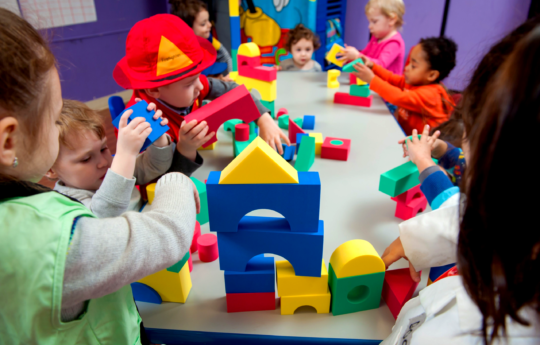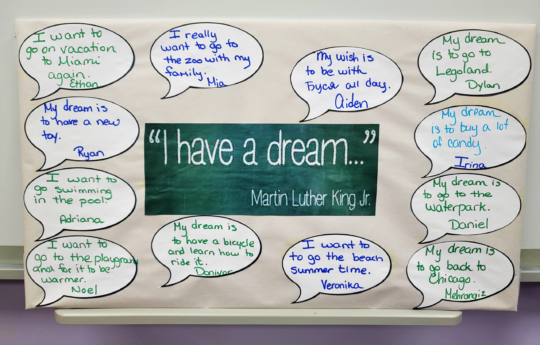
The formative years of a child’s life are critical for their cognitive and social-emotional growth, encompassing basic scientific concepts to counting. The inclusion of STEM (Science, Technology, Engineering, and Mathematics) education in early childhood programs has become increasingly important to equip children with skills needed for success in the modern era.
STEM education takes a well-rounded approach to learning by emphasizing critical thinking, problem-solving, and creativity. It uses engaging and entertaining techniques to teach children the essential concepts of science, technology, engineering, and math. These are many reasons on why early childhood STEM education is crucial for kids:
1. Encourages exploration and curiosity
Children have an instinctive urge to explore and comprehend the world around them because they are naturally interested. In addition, kids get the chance to participate in practical exercises and experiments as part of STEM education, which fosters their curiosity and motivates them to ask questions.
2. Improves critical thinking and problem-solving skills
Kids who receive STEM education are better equipped to think critically and solve problems. Through experimentation and discovery, they acquire the skills to think logically and create problem-solving solutions.
3. Increases resilience and persistence
Children benefit from STEM education by being resilient and persistent. They learn to persevere and build the willpower to overcome barriers by running into difficulties and disappointments when learning STEM.
4. Prepares children for the future
STEM skills are becoming increasingly crucial for success in many areas in today’s world of fast change. By giving kids a solid STEM education foundation, we can better prepare them for the challenges of the twenty-first century.
Therefore, what steps can parents take to support STEM education in young children? Here are some tips:
– Make Science education enjoyable
Children should like and be interested in STEM education. Simple experiments that parents may conduct at home include constructing a tower out of blocks or creating a volcano out of baking soda and vinegar.
– Promote exploration
Parents may promote discovery by bringing their kids on nature hikes or to scientific centers. Children may be given the chance to experiment and learn on their own thanks to them.
– Encourage the growth mindset
Parents may promote a development attitude in their kids by stressing the value of effort and perseverance in the learning process. Learning STEM subjects will probably go better for kids who think that intelligence and talent can be improved with effort.
– Ensure Resource Access
To promote learning outside of the classroom, parents can offer access to STEM resources including books, puzzles, and educational applications.
At Little Scholars, we believe that STEM education is a vital part of early childhood development. That’s why we incorporate STEM learning into our curriculum in a fun and engaging way.
Our approach to STEM includes hands-on activities, experiments, and exploration that foster curiosity, critical thinking, and problem-solving skills. We believe that by providing a strong foundation in STEM education, children are better prepared for the challenges of the 21st century.
Our dedicated teachers are passionate about helping children develop a love for learning, and we are committed to providing a safe, nurturing environment where children can thrive.
Discover more on how Little Scholars Childcare Center can help your child develop the skills they need to succeed in the future!




